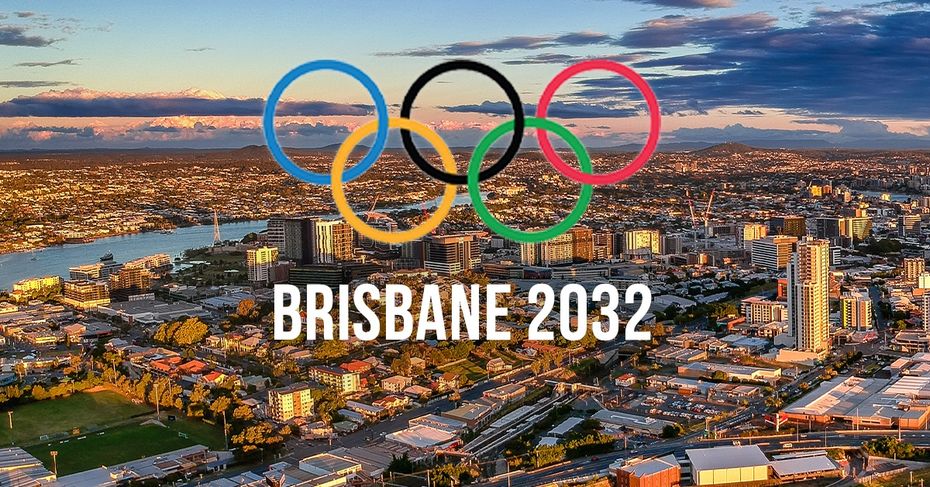
As Brisbane prepares to host the 2032 Olympic and Paralympic Games, questions are emerging about how this once-in-a-generation event can shape the city’s future. How can major investments in infrastructure, housing, and transport translate into enduring social, environmental, and economic benefits rather than short-lived gains?
Addressing this crucial question, the QUT Urban AI Hub has released a new report titled “Brisbane 2032 Olympic and Paralympic Games: Urban Planning for a Lasting Legacy”, now available online here.
This report explores how the Brisbane 2032 Games can serve as a catalyst for long-term urban transformation, drawing lessons from previous Olympic host cities including Barcelona 1992, Sydney 2000, Beijing 2008, London 2012, Rio 2016, Tokyo 2020, and Paris 2024. It presents a forward-looking framework to guide decision-makers, planners, policymakers, and communities in ensuring that the Games deliver enduring benefits rather than short-lived gains.
Five Key Domains for a Lasting Legacy
The report proposes 30 actionable recommendations across five strategic domains:
-
Infrastructure: Develop multi-functional and adaptable facilities that enhance connectivity and avoid “white elephant” outcomes.
-
Society: Safeguard vulnerable populations, foster inclusivity, and embed participatory planning processes.
-
Environment: Champion climate-responsive design, green infrastructure, and nature-positive approaches to reduce ecological impacts.
-
Economy: Promote financial sustainability through inclusive growth, local procurement, and digital economy opportunities.
-
Governance: Strengthen transparent, adaptive, and collaborative governance, including genuine power-sharing with Traditional Owners.
Opportunities and Risks of Mega Events
While mega events can stimulate investment, tourism, and civic pride, the report also highlights the risks of fiscal burdens, inequities, and underutilised infrastructure if legacy considerations are not prioritised. The authors call for a legacy-first, human-centred, and sustainability-driven approach to ensure that the Brisbane 2032 Games foster long-term prosperity and resilience across South East Queensland.
A Collaborative Effort
This publication represents the outcome of a rich interdisciplinary collaboration among the QUT Urban AI Hub researchers, including Tracy Sherwood Washington, PhD; Umberto B.; Wenda Li; Abdulrazzaq Shaamala; Anne Jeevana David; Ke Liu; Raveena Lakmini; Sajani Suwanka; Sk Tahsin Hossain; and Jack McLoughlin OLY.
Together, the team has crafted a comprehensive and actionable framework that aligns global insights with local ambitions for sustainable urban transformation.